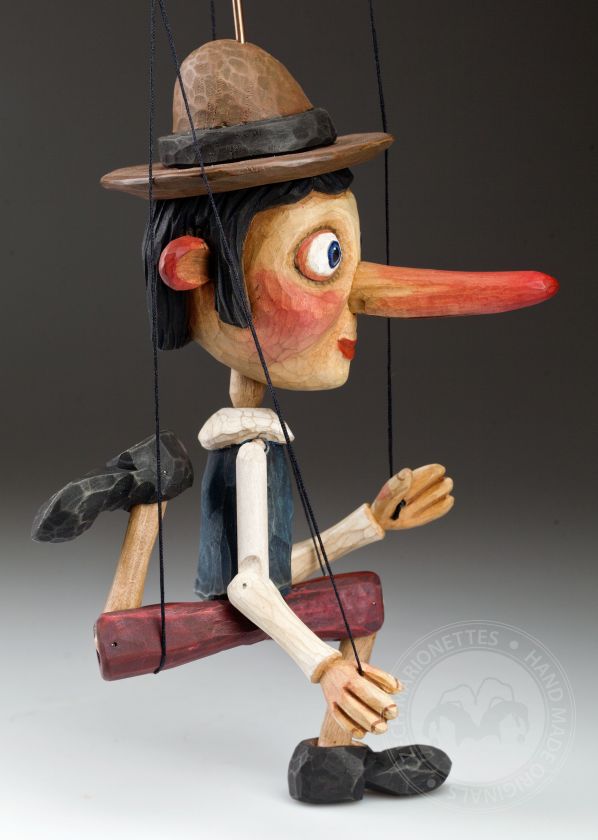The most important day of my life unfolded exactly 27 years ago today.
The night before, I had driven from my apartment in Milan to Venice for an ophthalmic industry conference. As several hundred attendees wandered into the venue, I caught my first glimpse of my future wife. She was some distance away and surrounded by a pack of young Italian studs, all vying for her attention. She had a warm smile and a general air of confidence that suggested a strong character. I remember the moment well, even if I didn’t fully understand it at the time.
During a conference break, she strolled through the Exhibit Hall wearing blue-tinted contact lenses; no doubt gifted to her from some enterprising conference exhibiter who was eager to advertise his wears. In a land of near-universal brown eyes, a blue-eyed fashion statement attracts attention and she quickly garnered an audience of romantic suitors, each topping the next with lavish praise about the beauty of her blue eyes.
I found myself in this group of admirers, although I was clearly in no position to compete. I had the least swarthy complexion, no three-day stubble, and a complete lack of hip fashion. Worst of all, my limited Italian skills left me with no “game” when it came to flirtatious banter.
Unexpectedly, amid the raucous cacophony of complements, a brief instance of calm settled on the group as she glanced in my direction. It was an unexpected opportunity to engage with her directly, a stroke of good fortune that was nearly wasted on a guy with such poor command of the local language. On the spur of the moment, I conjured a simple truth from my stunted vocabulary: "Non mi piace. Sembra non posso vedere le tue occhi". Literally, “I don’t like. Seems like I can’t see your eyes.”
Luckily for me, she was (and still is) a person who deeply appreciates honesty. My brusque comment had struck the mark and left my rivals muttering under their collective breath. She and I found ourselves seated next to each other at a group dinner that evening, and then joined a spontaneous gaggle of revelers that strolled the city after dining. As the night wound down, I asked her to join me for a walk on the beach (according to lore, the literal translation of my request sounded something like: “You walk... me go... beach... now together... yes?”). She politely declined my eloquent inquiry.
She returned to Rome where I sent her some grammatically ambiguous letters and we began to get to know one another through the geographic and language barriers that separated us. Eventually, I visited her in Rome and, as we grew closer, we would sometimes take weekend trains to meet in Florence, the halfway point between Rome and Milan. Alas, I was highly focused on my career and was not willing to elevate a romantic relationship to the top rung of my life ladder. She appreciated my brutal honesty about my life priorities, but dumped me just the same.
We both moved on to other relationships over the next couple of years but would see each other platonically whenever I was in Rome. Once, during a platonic walk following a platonic dinner, I naturally reached out and took her hand. It wasn’t a premeditated gesture; it just felt right at the time. She reciprocated naturally; holding my hand warmly in hers and suddenly, it wasn’t platonic anymore.
Over the next year, our relationship got more serious and she sought a transfer to Milan so we could be together more frequently. Although I still had strong career aspirations, I knew she was special and I was eager for a more serious commitment. As luck would have it, during that same time period, I was offered a substantial promotion for an assignment in Hong Kong; it was a professional “dream come true” and I enthusiastically accepted it. The assignment would involve heavy travel that we both understood would not be conducive to relationship building. We spent the weekend together in Rome before our second amicable split and then went fondly on our separate ways.
From Hong Kong, I sent her a letter with some photos of our final time together, along with my new contact information, but I never heard back. I knew that splitting had been difficult for both of us and I interpreted her silence to mean that she would find it easier if we just broke off the relationship cleanly. It turns out that she never received my letter and interpreted my silence as a signal that I was the one seeking a clean break. A full year passed without any communication between us.
At one point, in the course of preparing for a business trip to Italy, I decided to call her. The only phone number that I had for her was at her office; I dialed it and reached her immediately. This was perhaps the second most important day of my life as, when my call arrived, she was packing her desk on her final day of work. Had I waited another hour to call, I may never have spoken to her again.
Fast forward: we met up in Rome and rekindled our relationship. In 1998, I transferred from Hong Kong back to the USA, stopping in Rome to pick her up. We landed in Maine, bought a car, and drove it to California in accordance with the old adage that “if you can survive driving across the country together, then you can survive being married to one another”. We got married the next spring and promptly pro-created three times.
So that's how it all played out after April 24th, 1993, the day I first laid eyes on Elisabetta, the most important day of my life.

















